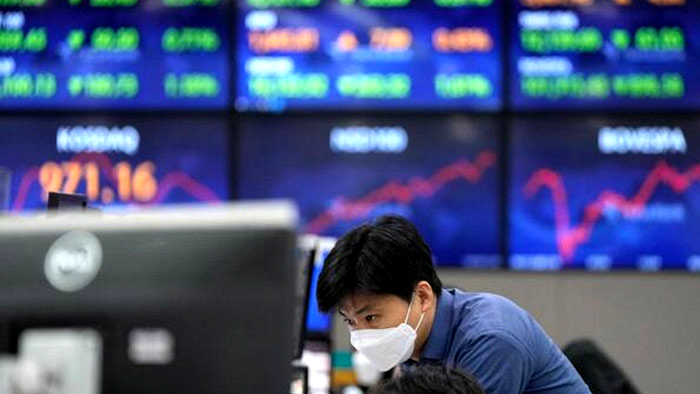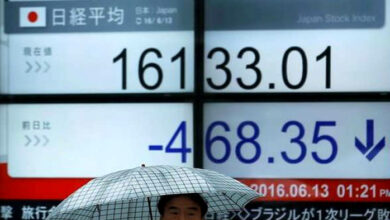Asian stocks rise slowly as concerns over the Fed meeting and CPI data persist.

Tuesday saw a little uptick in most Asian stock markets as they followed Wall Street’s positive overnight performance. Gains, however, were modest as investors awaited important U.S. inflation data and the completion of a Federal Reserve meeting for additional monetary policy clues.
As China overturned more travel and quarantine restrictions, uncertainty over the country’s mounting COVID-19 cases weighed on the region’s mood as well.
Related: Asian stocks decline, and the dollar strengthens ahead of a central bank rate hike.
On expectations that the Federal Reserve and other significant central banks may moderate their hawkish stances to help avert a future recession, Wall Street bourses ended the previous day higher.
This idea seems to have partially spread to Asia, as the Nikkei 225 index of Japan and the Hang Seng index of Hong Kong both increased by 0.4% and 0.6%, respectively.
This week, attention will also be paid to trade data from Japan to determine whether the yen’s recent recovery and rising commodity prices have reduced the nation’s enormous import bill.
After statistics on Monday revealed that consumer inflation continued to decline in November, possibly signalling lesser interest rate increases by the Reserve Bank, both India’s Nifty 50 and BSE Sensex 30 indexes gained 0.2% apiece.
However, this was negated by the month’s industrial production numbers, which were far weaker than anticipated.
As attention shifted to important U.S. consumer inflation data due later in the day, broader Asian markets posted modest gains. Markets are cautious of a potential upside, especially in light of stronger-than-expected producer inflation data issued on Friday, even if it is anticipated that the figure fell in November compared to the preceding month.
Stronger-than-anticipated inflation could prompt the Fed, which is scheduled to raise rates by 50 basis points on Wednesday, to adopt a more hawkish tone. However, the central bank has issued a warning that persistent inflation will cause U.S. borrowing costs to peak at substantially higher levels than anticipated.
This week’s attention is focused on the European Central Bank’s and the Bank of England’s interest rate increases as well as significant economic data from the two nations.
The Shanghai Composite index and China’s blue-chip Shanghai Shenzhen CSI 300 index both experienced declines of about 0.2% on Tuesday, and local markets are expected to experience increased volatility in the near future as investors weigh the possibility of further relaxations of anti-COVID measures against the rise in COVID-19 cases.
Related: Inflows of foreign money into Asian stocks are at their highest level in two years.
This week also sees the release of China’s fixed asset investment, industrial production, and retail sales data prints, all of which are anticipated to provide additional insight into the country’s tight zero-COVID policy’s economic effects.





